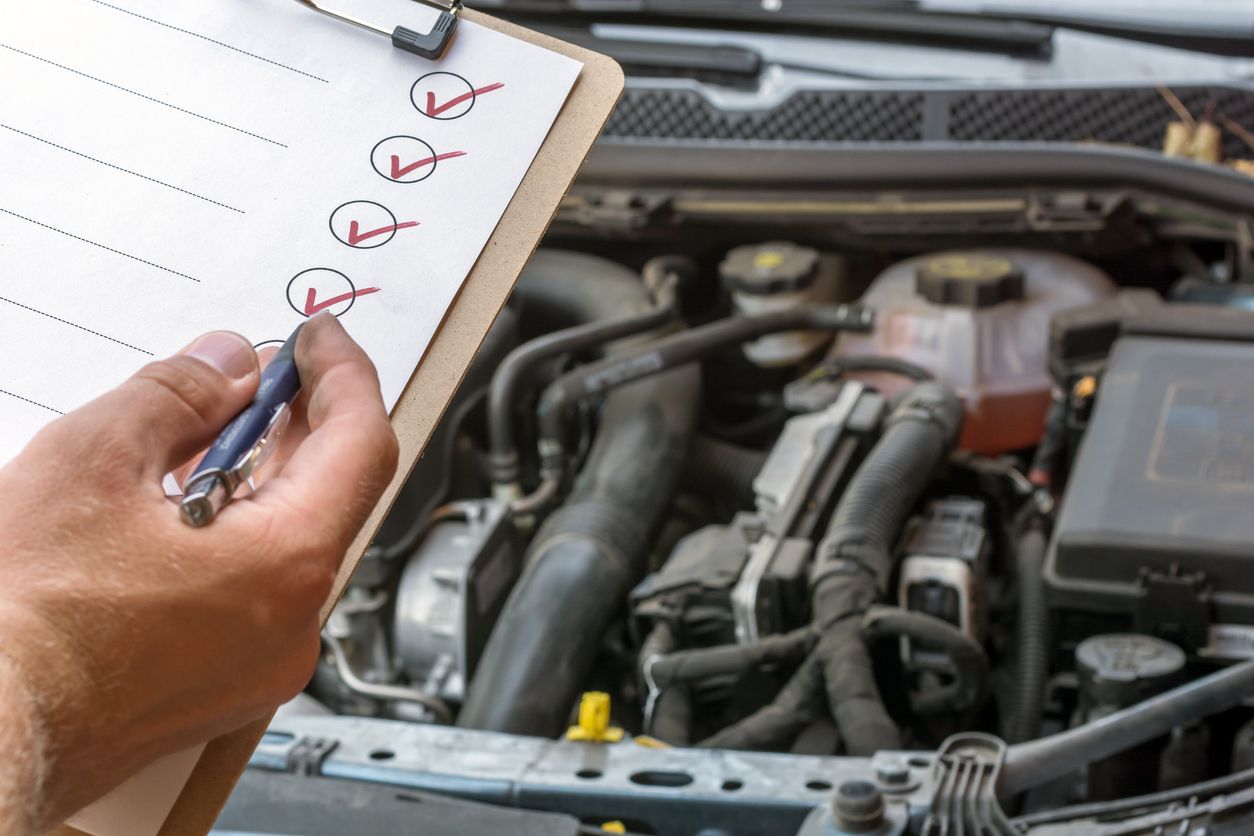All Categories
Featured
Your auto's exhaust system plays an essential duty in both its performance and environmental effect. It is accountable for directing hazardous gases away from the engine, reducing hazardous emissions, and boosting overall fuel performance. Over time, nonetheless, direct exposure to severe temperature levels, wetness, and road debris can take a toll on the exhaust system, bring about rust, leakages, and various other damages. There are several steps you can take to prolong the life of your vehicle's exhaust system and stay clear of costly repair work. Below's just how:
![]()
![]()
Verdict. Taking care of your cars and truck's exhaust system is necessary for ensuring its long life and preserving the total health of your vehicle. By routinely examining the system, keeping it clean, resolving issues quickly, and driving sensibly, you can assist expand the life of your exhaust system.
- Regularly Evaluate the Exhaust System. Regular evaluations of your auto's exhaust system are crucial for catching prospective issues before they come to be significant issues. Periodically check for signs of damages such as rust, fractures, holes, or leaks. You can aesthetically examine the exhaust pipes, muffler, and catalytic converter for any noticeable damage. This can suggest a problem with the exhaust system that needs attention if you listen to any unusual noises like loud roaring or rattling while driving. Catching these concerns early enables repairs to be made before they create additional damages.
- Maintain the Exhaust System Clean. Over time, dirt and road debris can build up on the bottom of your vehicle, including the exhaust system. Excess dirt and gunk can catch wetness, which can lead to rusting and rust. Clean the bottom of your automobile routinely, specifically after driving in wet problems, snow, or salt-covered roads. Utilize a tube or a pressure washer to remove debris and grime from the exhaust pipes and various other parts. This easy maintenance step assists maintain the system tidy and decreases the risk of deterioration.
- Drive Sensibly and Prevent Short Trips. How you drive can have a significant effect on the lifespan of your exhaust system. Regular short journeys, specifically those where the auto does not reach its optimal operating temperature level, can trigger wetness to gather inside the exhaust system. When moisture combines with the exhaust gases, it can bring about rust formation. To stop this, try to stay clear of extreme short journeys and aim for longer drives to make certain the exhaust system fumes enough to vaporize any type of dampness. Additionally, stay clear of fast acceleration or difficult stopping, as these can trigger unnecessary pressure on the exhaust elements.
- Address Exhaust Leakages Quickly. Exhaust leaks not only endanger the efficiency of your vehicle yet can additionally lead to engine troubles and wellness threats due to the accumulation of carbon monoxide gas. If you notice any indications of exhaust leakages, such as unusual scents, loud noises, or a decrease in engine efficiency, get your exhaust system checked by a technician immediately. Fixing small leakages early can aid protect against further damages to the exhaust system and make sure that the engine is running efficiently.
- Prevent Driving Through Deep Puddles or Water. Driving through deep pools or swamped areas can subject your auto's exhaust system to unexpected temperature changes. When the exhaust system is hot and enters contact with chilly water, it can create steel parts to contract, potentially causing cracks or damage. Attempt to prevent driving with deep water or huge pools, particularly after rainfall, to safeguard your exhaust system from unnecessary tension.
- Maintain the Engine and Gas System. A properly maintained engine and gas system have a straight influence on the exhaust system's durability. A properly running engine decreases the likelihood of unsafe exhaust gases building up, which can damage the exhaust system over time.
- Check the Oxygen Sensors. The oxygen sensing units in your vehicle keep an eye on the degrees of oxygen in the exhaust gases, helping the engine control system readjust the air-fuel mixture for optimum performance. Faulty oxygen sensors can result in ineffective engine performance, which can put extra pressure on the exhaust system and boost emissions. Routinely examine and change the oxygen sensing units as required to guarantee that your exhaust system is functioning efficiently.

- Shield the Exhaust System from Road Salt and Chemicals. Throughout the cold weather, road salt and chemicals utilized to thaw ice can be corrosive to your auto's exhaust system. If you reside in an area where roadways are salted, see to it to clean your vehicle consistently to remove any type of salt build-up from the bottom. This will aid avoid rust and prolong the life of the exhaust parts.
Verdict. Taking care of your cars and truck's exhaust system is necessary for ensuring its long life and preserving the total health of your vehicle. By routinely examining the system, keeping it clean, resolving issues quickly, and driving sensibly, you can assist expand the life of your exhaust system.
Latest Posts
Unlock WyHy Federal Credit Union – Top Benefits for Your Financial Future
Published en
1 min read
Discover Premier Car Repair Services offered by Montclare Auto Repair – Drive with Confidence
Published en
1 min read
Uncover Montclare Auto Repair’s Most Popular Auto Repairs and Why Drivers Rely On Them
Published en
1 min read
More
Latest Posts
Unlock WyHy Federal Credit Union – Top Benefits for Your Financial Future
Published May 23, 25
1 min read
Discover Premier Car Repair Services offered by Montclare Auto Repair – Drive with Confidence
Published May 22, 25
1 min read
Uncover Montclare Auto Repair’s Most Popular Auto Repairs and Why Drivers Rely On Them
Published May 21, 25
1 min read